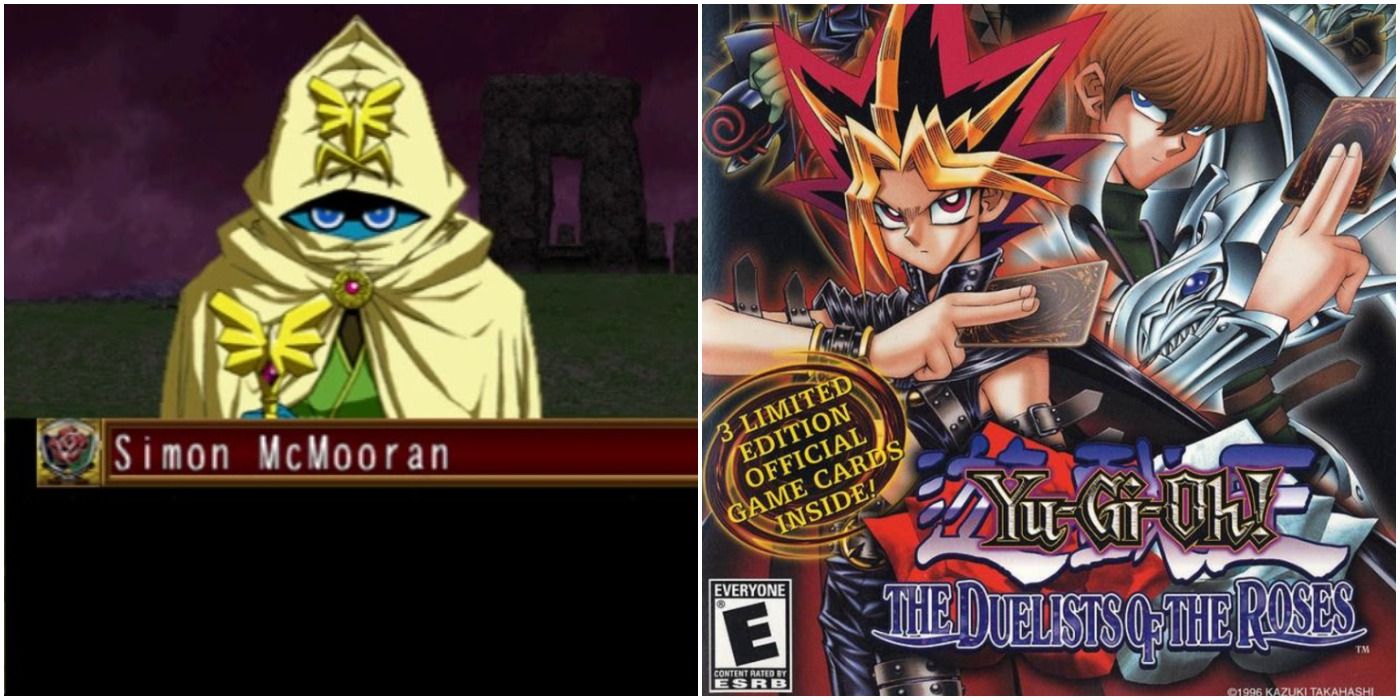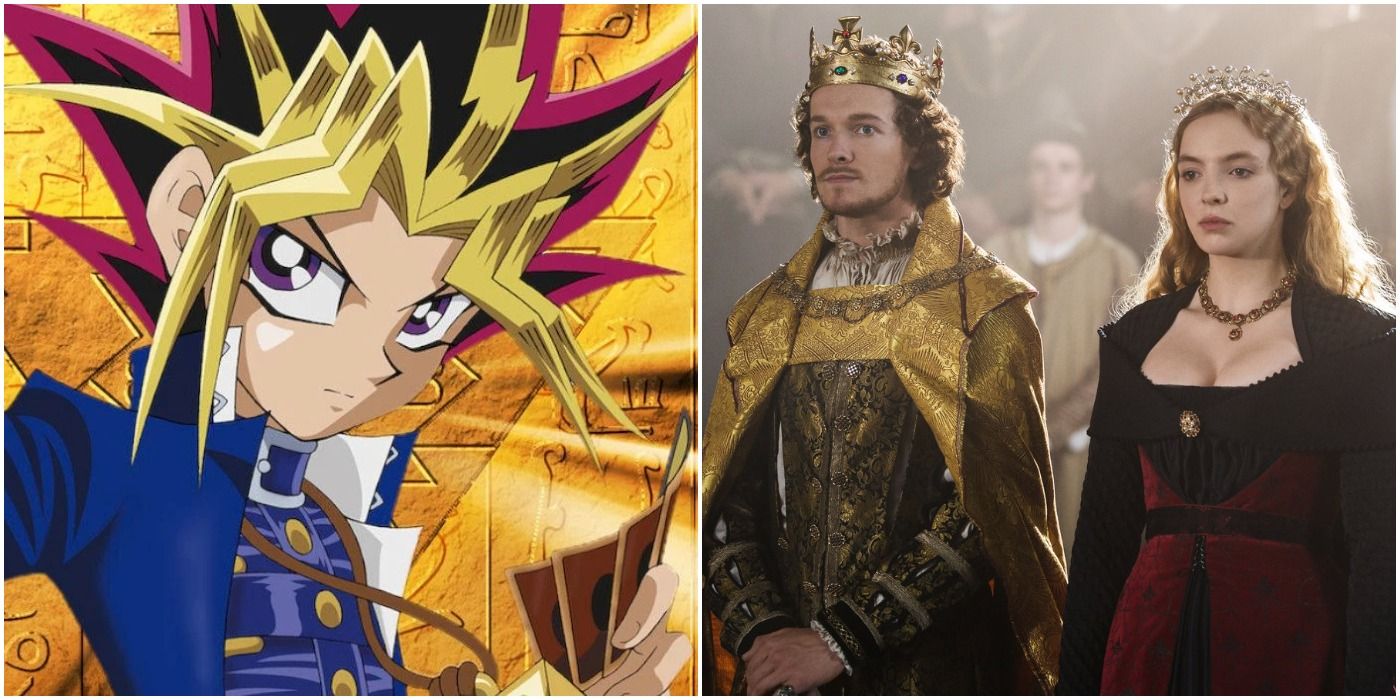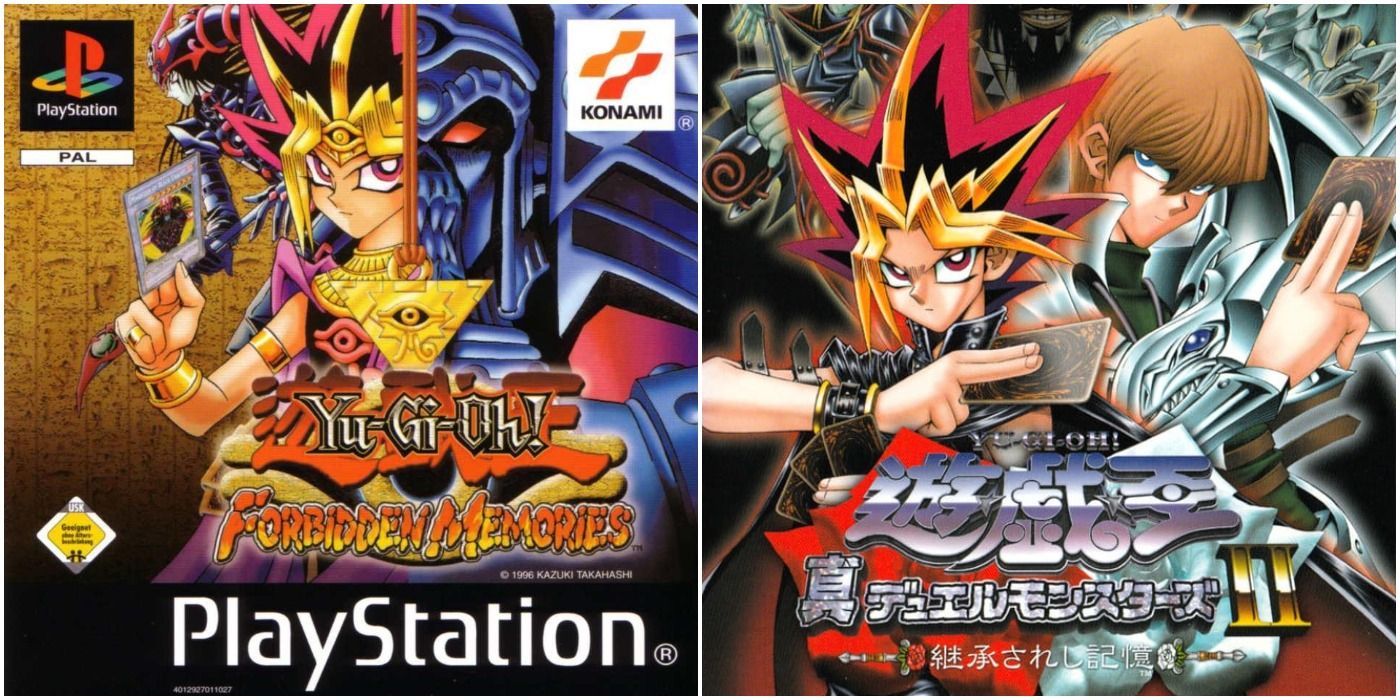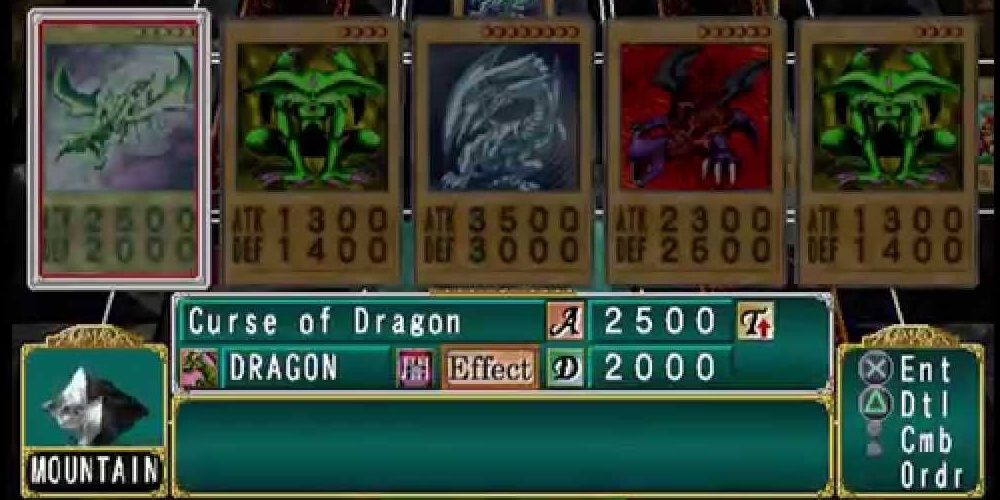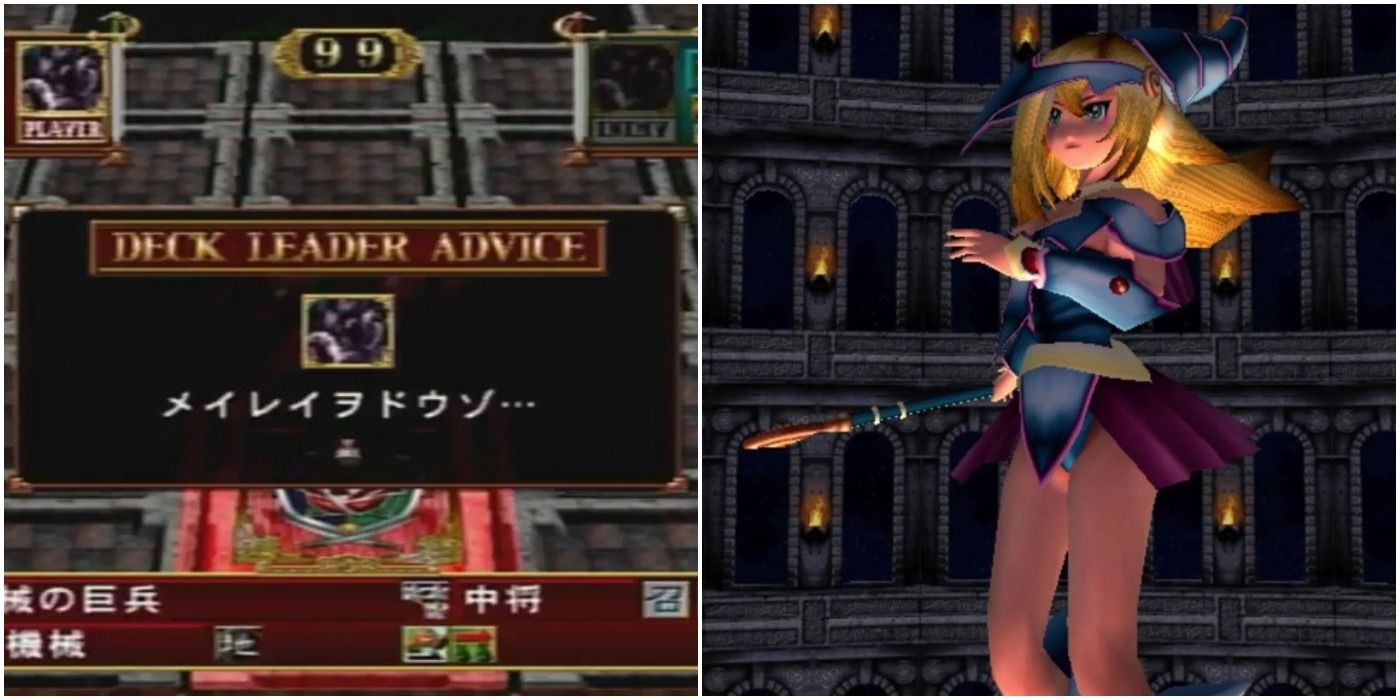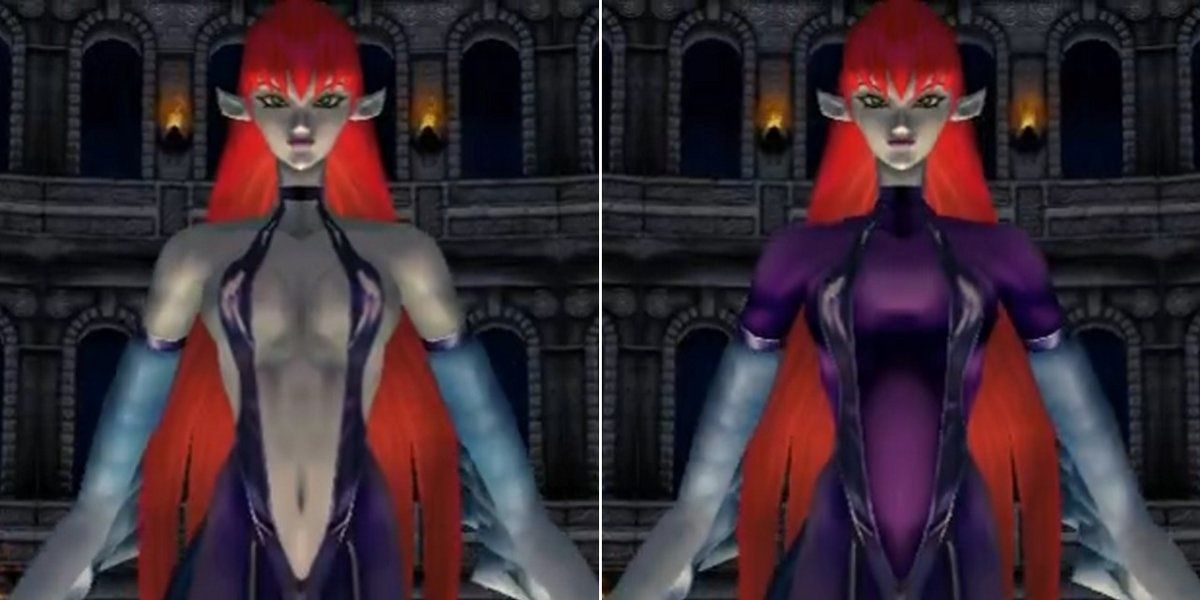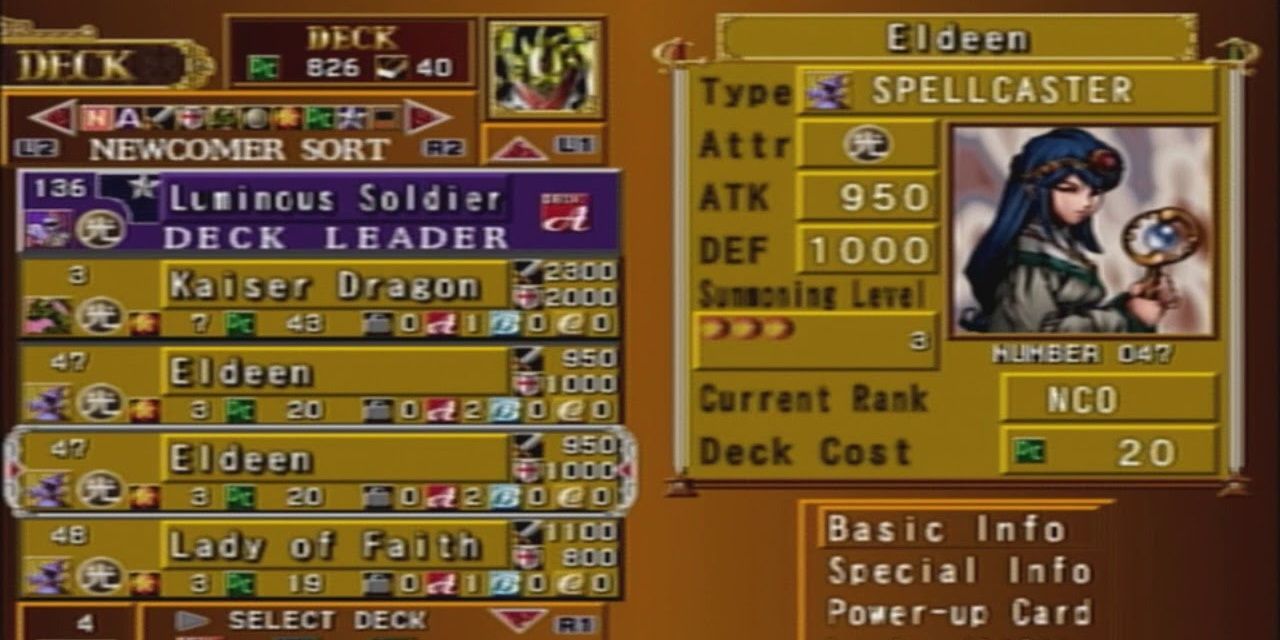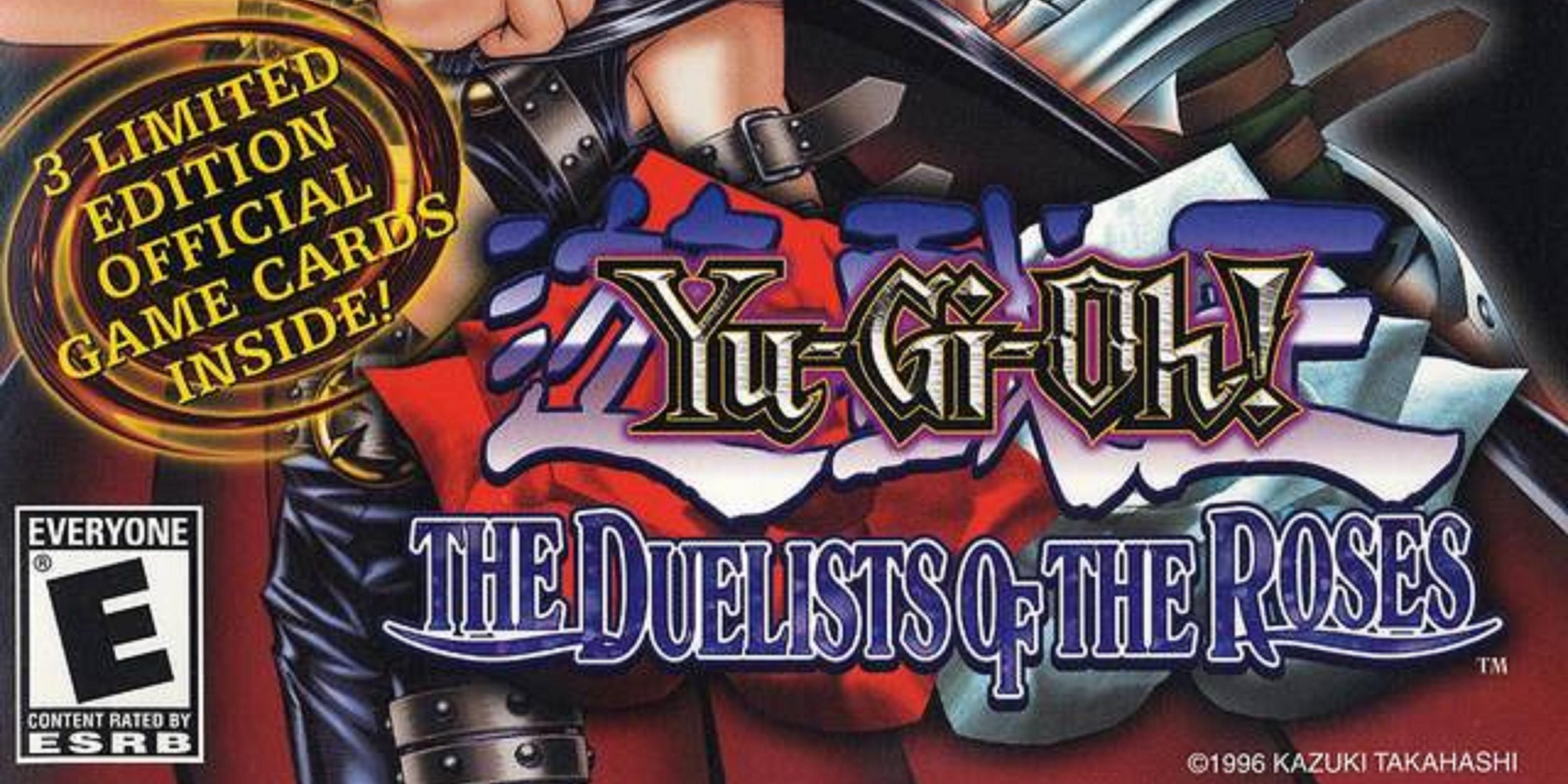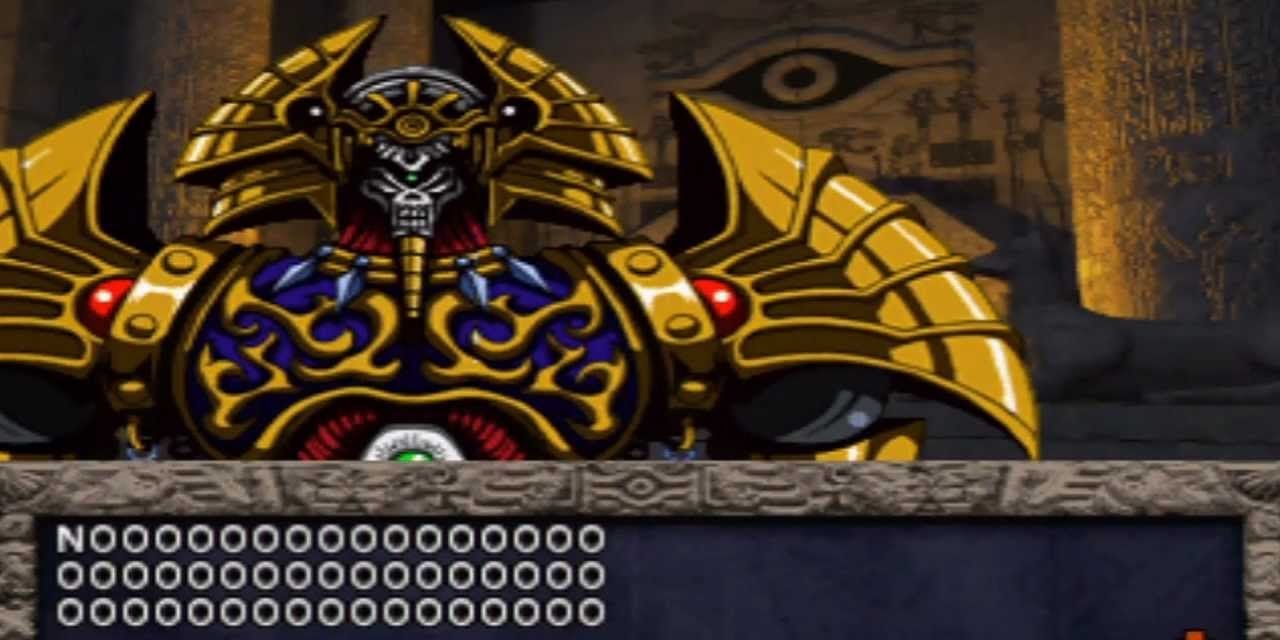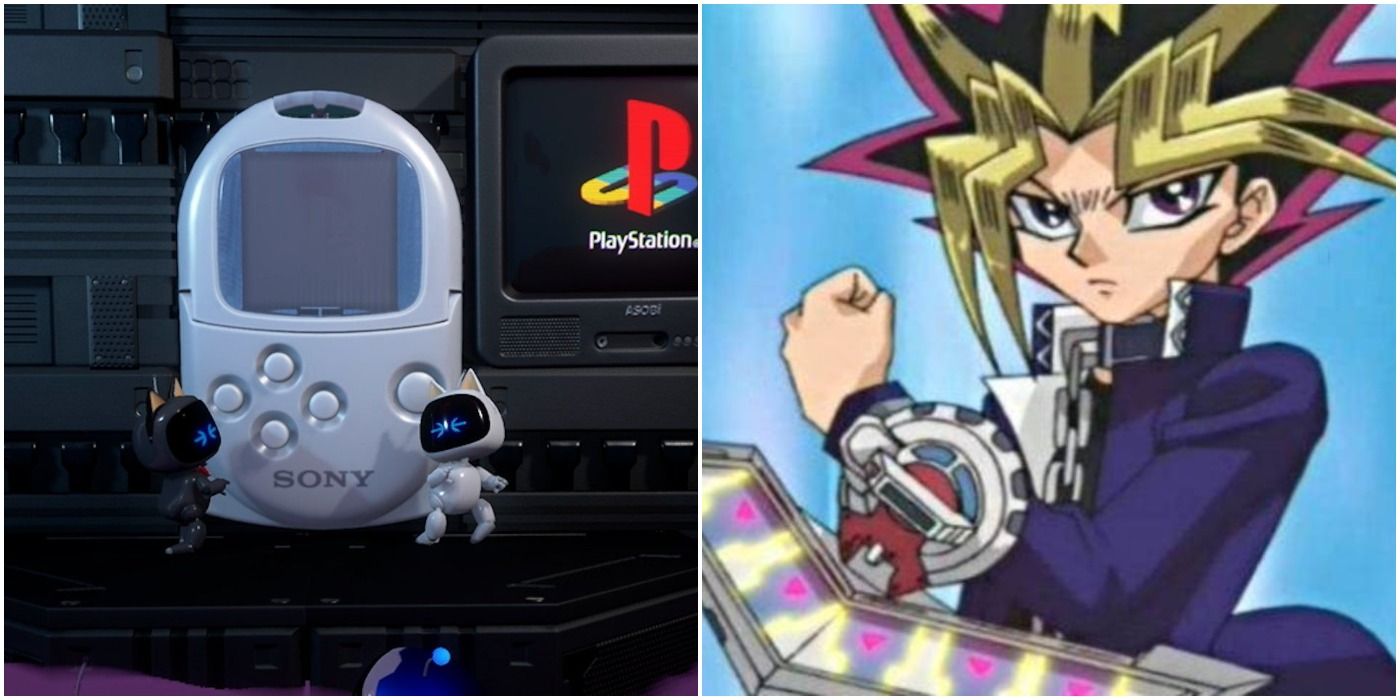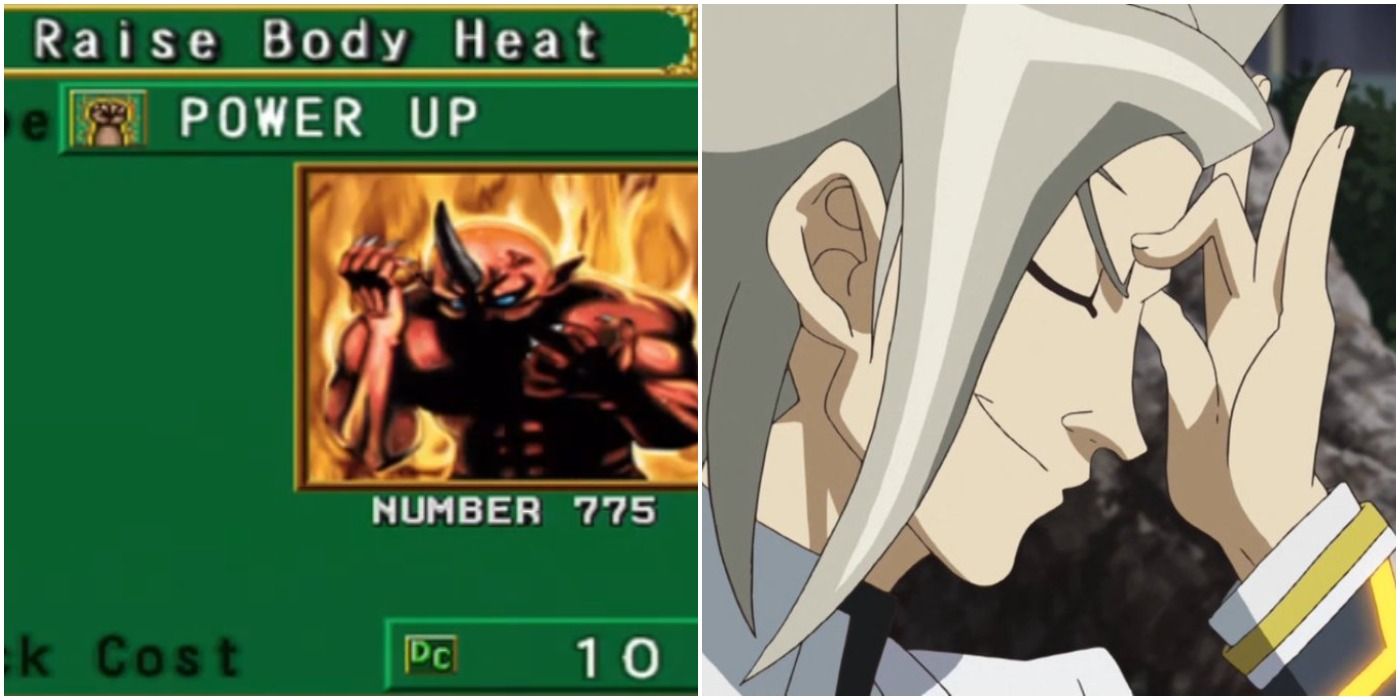Yu-Gi-Oh! is a collectible card franchise. That may sound unimpressive, but it's actually one of the most enduring series in that genre. Originating in Japan before expanding across the globe, the property has been going strong since 1996. The success stems from more than the cards, though, as the creators have produced various manga volumes, TV seasons, and even video games capitalizing on the concept.
Among the quirkier chapters in this story is a PS2 title, Yu-Gi-Oh! Duelists of the Roses. It initially looks like any other entry, but this 2001 hit offers an unorthodox twist on not only the setting but the card game itself. That's where much of its complexity comes from. Even though the title is 20 years old, it still holds some hidden facts and gameplay secrets that many players have yet to find.
10 It's Based On Real Events
Some fans might think that Duelists of the Roses is just another in the long line of overdramatic titles for Yu-Gi-Oh! games. In reality, the game's so named because of the historical Wars of the Roses, where the Yorks and Lancasters fought for the English throne. Works like The White Queen and The White Princess have depicted this conflict, but using a trading card franchise is a first.
Why did they go this route? It's equally comical and confusing seeing Yami, the anime reincarnation of an Egyptian pharaoh, introduce himself as Henry VII. One might as well portray the Roman Empire with Pokémon. Et Tu, Pikachu?
9 It's Actually A Sequel
What the English title doesn't tell players is that it's actually a sequel. Specifically, it's a follow-up to the PS1 game, Yu-Gi-Oh! Forbidden Memories. The characters in the story allude to this, but the name says otherwise.
Apparently, it was lost in translation, as the Japanese title has a "II" in it. They must not have thought international audiences were privy to this information. Considering the original takes place in Ancient Egypt, however, the sequel's Tudor-era setting might have confused people even more with the added context.
8 Rare Cards
This is par for the course. A game built on a trading card franchise would obviously make collecting those cards a big part of the experience. To triumph over the toughest duelists (or brag to their friends), players naturally want some of the rarest cards they can get their hands on.
Duelists of the Roses is no exception to this. The sheer number of monsters available is overwhelming. That's not even counting the countless others that can only be unlocked through fusions or other special conditions. Like the trading card game itself, attaining a preferred monster will likely take hours of grinding and a lot of luck. Just don't be too quick to get them in real life; many of them are probably banned for one reason or another.
7 Deck Leader Dialogue
Another aspect exclusive to Japanese versions is the Deck Leaders having a personality. Prior to duels, Deck Leaders would exchange dialogue to establish their relationship or taunt their opponents. It wasn't exactly a rivalry on the level of Yugi and Kaiba, but it was something. They would also offer advice whenever players lost a battle.
Unfortunately, this quirk is literally gone without comment in international copies. Boxes where this text used to appear are mysteriously empty. Maybe distributors were too lazy to translate. Perhaps they ran out of time. Whatever the case, it makes the Deck Leaders little more than blank slates.
6 Censorship
Yu-Gi-Oh is no stranger to censorship in the U.S. The 4Kids dub is notorious among fans for making the anime more family-friendly, often leading to funny moments where bad guys threaten the heroes with invisible guns.
That same mentality applies here. Despite religion playing a huge role in historical societies, particularly when it came to monarchies, Duelists of the Roses removes several visuals and references to Christianity. In addition, characters and monsters with risque outfits are covered up. These changes are presumably designed to make the game more accessible to a wider audience. Considering the sales, execs probably saw it as a good decision.
5 The Player's Name Determines Their Deck
No, players don't control Yugi or any of the other characters. Instead, at the start of the game, they must give their names and pick from a list of starter decks. That appears to be the end of it. What's not immediately clear is that the name determines the starter decks they can choose from.
Yes, the mysterious Simon McMooran uses the Rose Duelist's name to narrow down a huge batch of decks to a measly three. It'd be nice if he told players beforehand, but he must not think it's important. After all, it's only the single greatest tool they use to progress the story and win this royal war. Who cares?
4 Complimentary Cards
It may be a PS2 title, but Duelists of the Roses is still part of the Yu-Gi-Oh! franchise, which means promoting the trading cards. Several cards came bundled with the game. Depending on the region, they could be anything from "Magnet Warrior" to "Dark Magician." It adds an extra incentive for players.
This isn't the only time a Yu-Gi-Oh! product has gone for this approach. Plenty of books, toys, and even McDonald's meals included cards for avid fans. The Pyramid of Light movie also gave exclusive cards to those who saw it in theaters. Because new copies of this game went out of production years ago, though, buyers probably won't get this bundle anymore.
3 The Real Bad Guy?
For years, an urban legend persisted among the Yu-Gi-Oh! fan base. Many thought that the true villain and real final boss of the game was Nitemare, or Card Majin. He was the big bad of Forbidden Memories, so it would make sense for him to affect the sequel in some way. Perhaps the localized versions of the game simply omitted him. A similar rumor surrounded the "real" winner of 1962's King Kong vs. Godzilla.
In both cases, the legend turned out to be a hoax. The final boss of this Yu-Gi-Oh game is Manawyddan fab Llyr, an evil Welshman. On the upside, he does mention being Nitemare's brother. It's a small consolation, but it's better than nothing.
2 The Elusive Deck Master I
Players can challenge all kinds of opponents in the game's Custom Duel Mode. One enemy who proves elusive, however, is Deck Master I. The Immortal monsters would make this duel tough enough, but players can't even challenge this guy in the base game.
Gamers must first purchase a PocketStation and insert it into their PS2. Sounds simple, right? Well, this thing never released outside of Japan; players had to import it. Considering the time, money, and hassle, it's unlikely that many would-be duelists bothered seeking this Deck Master out.
1 Typos
For the final insult from translators, Duelists of the Roses comes with a few typos. Certain cards mislead players with their descriptions. For instance, "Raise Body Heat" supposedly boosts the power of Dragon and Reptile monsters, but it actually affects Dinosaur and Reptile cards. That's a screw-up worthy of the anime.
To be fair, everyone makes mistakes on occasion. Even the best games sometimes slip up in the subtitles or other text. However, blundering information that could lead to victory or defeat is a potentially crippling oversight. Once again, it shows the people in charge of localization really dropped the ball. At least the multitude of cards means that many duelists won't have to deal with these mistakes.

